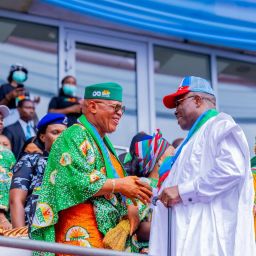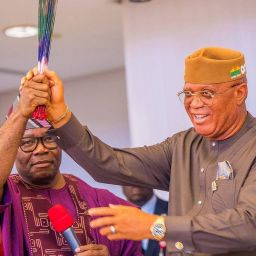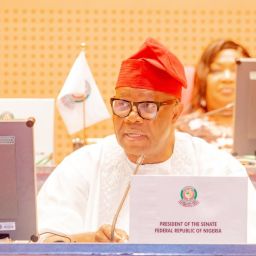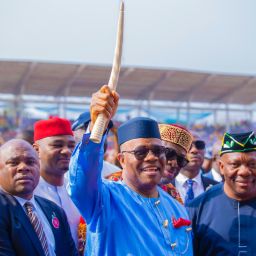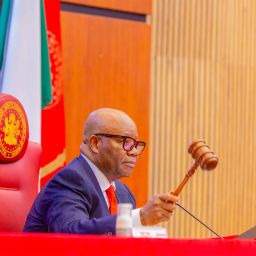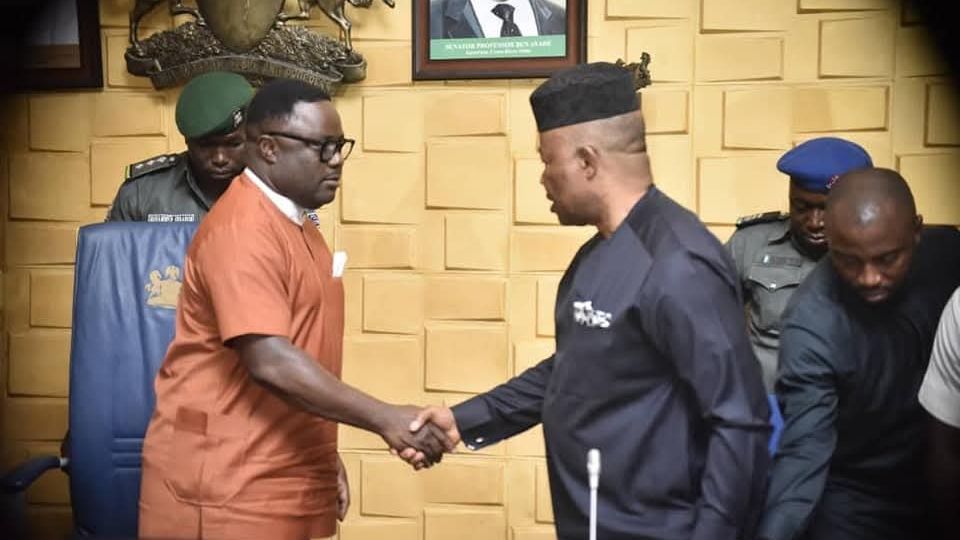
Few political roles in Nigeria carry the weight and complexity of overseeing the Niger Delta, a region rich in oil but long plagued by underdevelopment, environmental degradation, and youth restiveness. When Godswill Akpabio was appointed Minister of Niger Delta Affairs in 2019, expectations were high, and the challenges were formidable. Yet, Akpabio approached the task with his trademark combination of vision, political savvy, and determination to make a difference.
One of Akpabio’s most notable interventions was his effort to reposition the Niger Delta Development Commission (NDDC), the primary government agency tasked with regional development. The NDDC had long been criticized for inefficiency, mismanagement, and unfulfilled promises. Under Akpabio’s leadership, the ministry initiated a forensic audit of the NDDC’s operations, a bold move aimed at identifying loopholes, recovering misused funds, and restoring public trust. The audit signaled a shift from business-as-usual to accountability and reform.
Akpabio also championed critical infrastructure projects across the Niger Delta. Road construction, water supply schemes, health centers, and educational facilities received renewed attention, improving the daily lives of thousands of residents. Notably, projects like the East-West Road, a key economic artery in the region, were pushed forward under his watch, after years of delays.
A central part of Akpabio’s Niger Delta agenda was youth empowerment. Recognizing that unemployment and lack of opportunity were at the heart of the region’s volatility, his ministry expanded skills training programs, entrepreneurship support, and job creation initiatives for young people. By investing in human capital alongside physical infrastructure, Akpabio sought to address both the symptoms and root causes of regional instability.
Equally important was his emphasis on dialogue and peace building. Akpabio engaged with community leaders, youth groups, and other stakeholders, encouraging collaboration rather than confrontation. He understood that lasting peace in the Niger Delta could not be imposed from above but had to be built through trust, inclusion, and shared benefit.
Throughout his tenure, Akpabio consistently framed the Niger Delta not as a problem to be managed but as a region with vast untapped potential. He advocated for its integration into national development plans, stressing that the prosperity of the Niger Delta was inextricably linked to Nigeria’s overall progress. His approach reflected both political realism and a deep belief in the power of transformation.
Looking back, Akpabio’s time as Minister of Niger Delta Affairs underscores a broader lesson that has defined his political career: meaningful change requires courage, accountability, and a people-centered vision. While challenges remain, his efforts to bring greater transparency, development, and opportunity to the Niger Delta have left a mark that continues to shape the region’s future.
As Senate President today, Akpabio carries forward the lessons of his ministerial tenure, reminding Nigerians that good governance is not only about holding office but about delivering results that touch lives, mend divisions, and build a more hopeful future.


